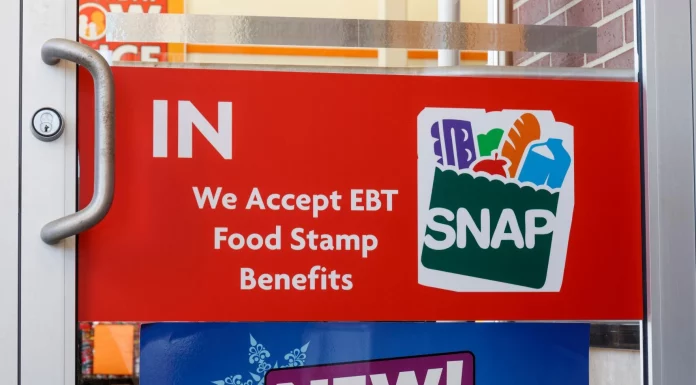(Luis Cornelio, Headline USA) Californians who defraud the taxpayer-funded welfare system could soon catch a break—so long as they don’t steal more than $25,000.
Legislation SB560—introduced by California Democratic state Sen. Lola Smallwood-Cuevas on Friday—would effectively decriminalize welfare fraud up to $25,000, protect potential offenders from perjury charges and block prosecutors from pursuing cases of attempted fraud.
“This bill would delete the provision that establishes criminal penalties for an attempt to commit welfare fraud,” the legislation states.
The bill would abolish criminal penalties for welfare fraud “when the total amount of aid obtained or retained is above or below $950. Instead, the bill would make welfare fraud involving aid obtained or retained “in the total amount of $25,000 or more punishable by specified imprisonment in a county jail, by a fine, or by imprisonment and fine.”
Smallwood-Cuevas defended the legislation in a social media post, claiming it is meant to keep “families out of the criminal justice system for making administrative errors.”
She added, “It offers a smarter, more humane approach by allowing counties to resolve most overpayment cases administratively, holding people accountable without criminalizing poverty.”
NEW: California Democrat state senator Lola Smallwood-Cuevas has introduced SB560, a bill that would decriminalize welfare fraud below an amount of $25,000. It would also prohibit prosecutions for attempted welfare fraud and would prohibit someone from being charged w/ perjury if… pic.twitter.com/nYnyfQm0vV
— Bill Melugin (@BillMelugin_) April 28, 2025
According to Newsweek, welfare fraud isn’t just a paperwork mistake—it often involves concealing income, listing ineligible children or hiding the presence of another parent in the household.
The outlet noted that Los Angeles County reviews between 15,000 and 20,000 welfare fraud referrals each year. Between 5,000 and 8,000 cases of fraud are confirmed, but only 200 make it to the district attorney.
Those cases result in convictions 95% of the time.

